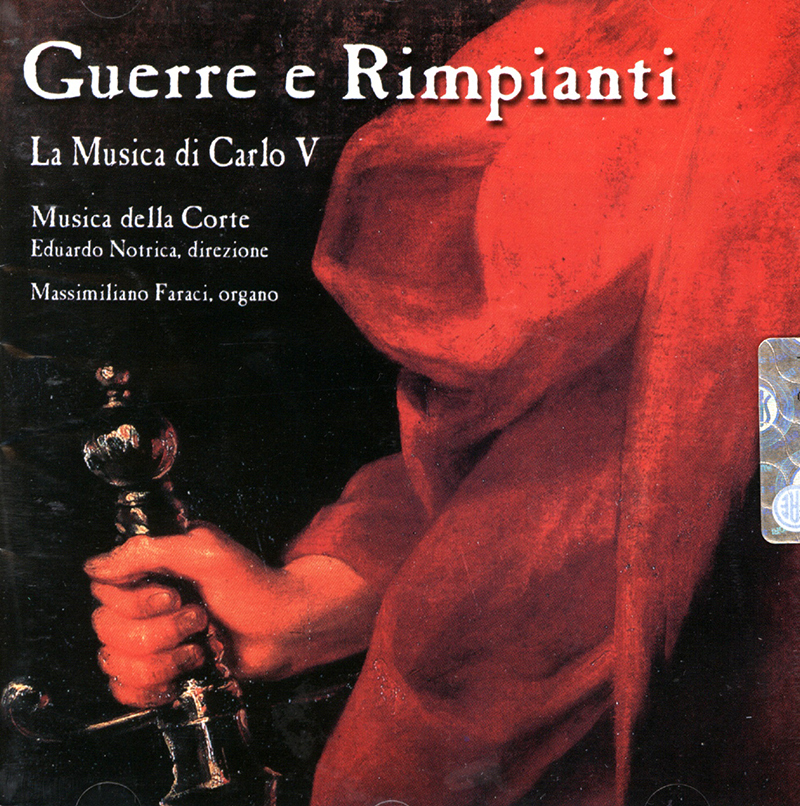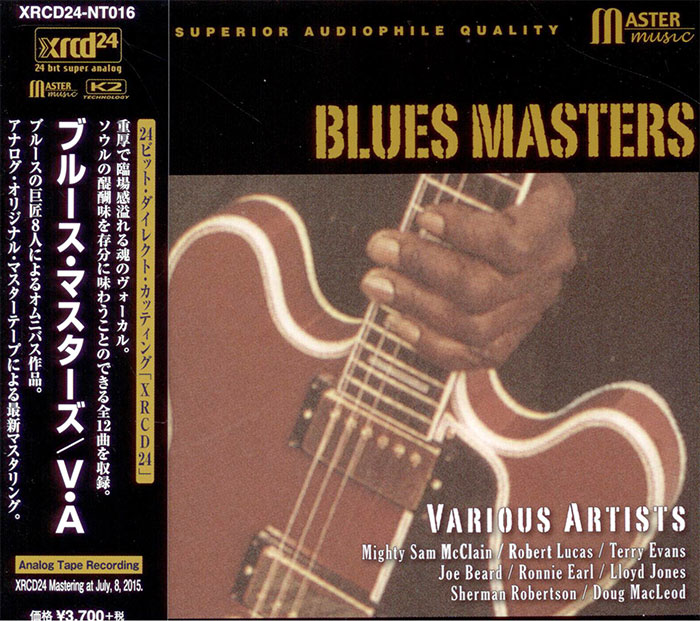Logowanie
Dziś nikt już tak genialnie nie jazzuje!
Bobby Hutcherson, Joe Sample
San Francisco
SHM-CD/SACD - NOWY FORMAT - DŻWIĘK TAK CZYSTY, JAK Z CZASU WIELKIEGO WYBUCHU!
Wayne Shorter, Freddie Hubbard, Herbie Hancock, Ron Carter, Elvin Jones
Speak no evil
UHQCD - dotknij Oryginału - MQA (Master Quality Authenticated)
Chesky! Niezmiennie perfekcyjny
Winylowy niezbędnik
ClearAudio
Double Matrix Professional - Sonic
najbardziej inteligentna i skuteczna pralka do płyt winylowych wszelkiego typu - całkowicie automatyczna
Musica della Corte, Eduardo Notrica
Guerre e Rimpianti - La Musica di Carlo V
- Musica della Corte
- Eduardo Notrica - conductor
wojna, ból, żal.. protest songi i epickie eseje
The program of this release refers to two favorite themes of the European Reanissance which are at the basis of a large number of compositions based on the "feelings" of war and grief. The works that function as a starting point for the repertory are the Bataille de Marignan of Clement Janequin and the chanson of Josquin des Prez Mille Regretz, both of which are closely linked to the historic-cultural context of the court of the Emperor Charles V. The musical environment of Charles V (1516-1556) was composed of the best polyphonists at the time, among whom many renowned French-Flemish musicians. The environment, as well as an intelligent strategy of political treaties and dynastic bonds called into being by the emperor, enhanced the success of the scholarly music of the North of Europe. Musicians as well as scores travelled throughout the European continent and in this way spreading the French-Flemish polyphony and on a generous scale influenced the rest of the local musical reality. Upon the departure for the journey that was to proclaim him King of Spain in 1517, Charles V took with him the "Cappella fiamminga" of Brussels under the guidance of Nicolas Gombert, specialized in the vocal polyphonic repertory. He founded another cappella exclusively with Spanish musicians attached to the royal house of Castiglia, virtuoso instrumentalists of tecla, arpa andvihuela.
































